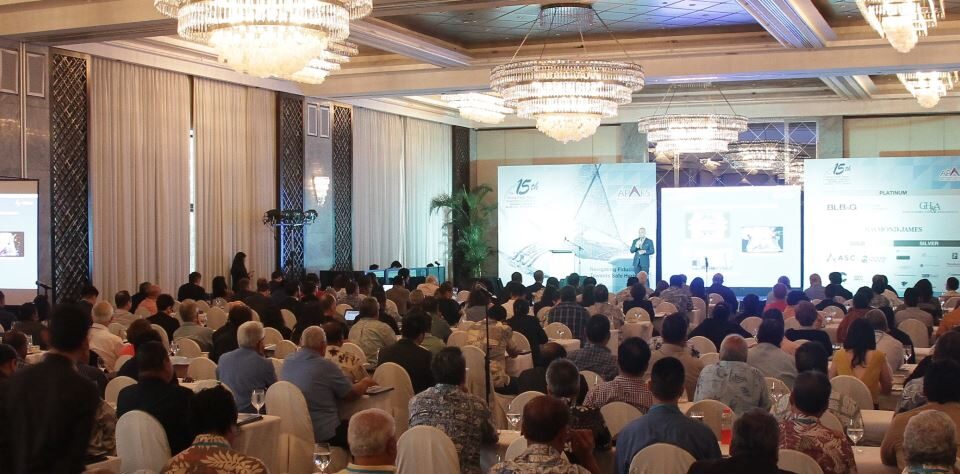The Establishment Agreement paves the way for an increased presence by the World Bank in the North Pacific, through the planned opening of a dedicated sub-regional office in the FSM capital, Pohnpei in 2021 that will support World Bank engagement in FSM, the Republic of Marshall Islands and the Republic of Palau.
The agreement comes as the World Bank’s engagement in FSM and the neighboring Marshall Islands undergoes considerable growth: from zero projects or commitments in 2014 to approximately US$472 million in active and pipeline projects across the North Pacific countries.
FSM’s Secretary of Finance, the Hon. Eugene Amor, said the increased presence in the region will help strengthen the relationship and address the critical development challenges of the FSM including in the areas of energy and communications (ICT) – such as the FSM Connectivity and recently-announced Digital Federated States of Micronesia projects and maritime infrastructure – which are helping to connect one of the most geographically-isolated countries on earth.
“We are excited to strengthen our cooperation with the World Bank in the FSM,” said Secretary Amor. “We look forward to expanding our partnership into other transformational sectors that will be essential to our States’ development.
“The World Bank has been steadily growing its presence throughout the Pacific over the past four years – with a quadrupling of our commitments to the Pacific and PNG, together with the opening of a new South Pacific hub in Suva, and significantly growing presence in capitals including Port Moresby, Honiara, Port Vila and Nuku’alofa, among others,” said Michel Kerf, Country Director for the World Bank in Papua New Guinea and the Pacific Islands.
“This agreement paves the way for a stronger World Bank presence in FSM and the wider North Pacific. Ultimately, this will deliver bigger impacts in tackling many of the most significant development challenges facing FSM, Marshall Islands and Palau,” said Mr Kerf.
The World Bank works in partnership with 12 countries across the Pacific, supporting 85 projects totaling US$1.8 billion in commitments in sectors including agriculture, aviation and transport, climate resilience and adaptation, economic policy, education and employment, energy, fisheries, health, macroeconomic management, rural development, telecommunications and tourism




